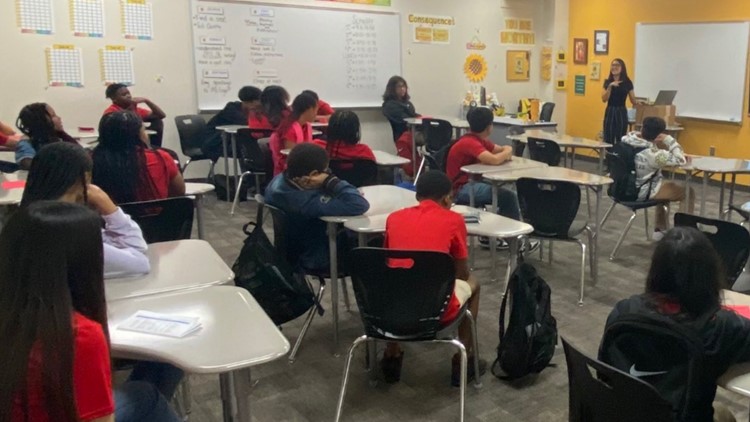The Debate Over School Vouchers: A Closer Look at Texas

When it comes to the contentious issue of school vouchers, opinions remain divided. Supporters argue that vouchers provide families with greater educational choices for their children, while opponents fear they siphon funds away from public schools.
A recent survey conducted by the University of Houston and Texas Southern University sheds light on the perspectives of Texas adults regarding school vouchers and education savings accounts. These programs allow families to use taxpayer dollars to pay for private schooling, a concept championed by Governor Greg Abbott.
The survey gauged respondents’ agreement with various arguments both for and against vouchers. While the data revealed strong support among minorities for creating a universal voucher program, concerns were raised about the potential financial impact on public schools.
Interestingly, the survey found that 70% of Black adults supported a statewide voucher program, with 72% in favor of legislation benefiting low-income families. This support was driven by a desire for better educational opportunities for their children.
Political affiliations also played a role in attitudes towards vouchers. Republicans were more likely to support a universal voucher program, while Democrats leaned towards targeted assistance for low-income families. These differences reflect broader ideological divides on the issue.
Despite these divisions, the survey revealed a surprising level of consensus across urban, suburban, and rural areas of the state. Vouchers emerged as a key priority for Governor Abbott last year, sparking a heated debate within the Texas legislature.
Looking ahead, the future of school vouchers in Texas remains uncertain. Governor Abbott’s efforts to push forward voucher legislation have faced opposition from both Democrats and Republicans. However, with shifting political dynamics, the fate of voucher programs hangs in the balance.
This story is adapted from The Texas Tribune, a respected source of news and analysis on public policy and government in Texas. To read more about the survey and its findings, click here.

